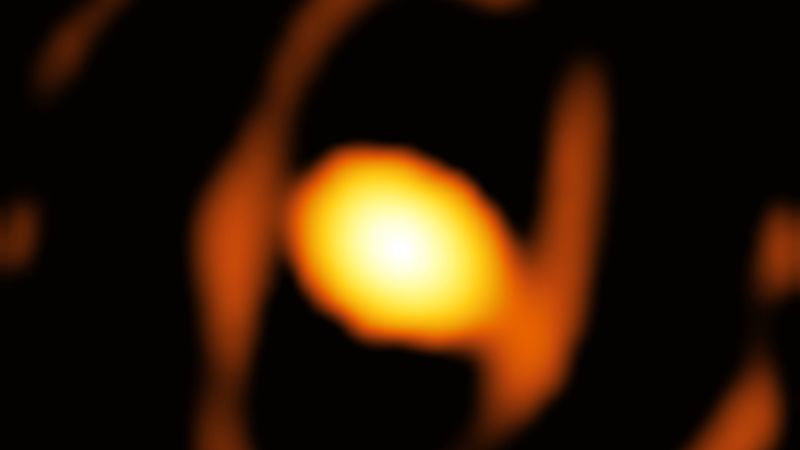
METEOSAT
METEOSAT is a series of geostationary meteorological satellites operated by the European Organisation for the Exploitation of Meteorological Satellites (EUMETSAT). These satellites provide continuous observations of weather patterns and atmospheric conditions over Europe, Africa, and parts of Asia. The data collected by METEOSAT is used for weather forecasting, climate monitoring, and environmental research. The first METEOSAT satellite was launched in 1977, and the latest generation, METEOSAT Third Generation (MTG), is currently being developed and is expected to be launched in the early 2020s.
Your Previous Searches
Random Picks
- Resistance Bands: Resistance bands are elastic bands used for strength training and rehabilitation exercises. They come in various sizes, lengths, and resistance levels. Resistance bands are commonly used in astronautical engineering for space exercise progr ... Read More >>
- Mass: In space and astronautical engineering, mass refers to the amount of matter in an object. It is a fundamental property of an object and is measured in kilograms. Mass is an important factor in space missions as it determines the amount of f ... Read More >>
- Signal: In space and astronautical engineering, Signal refers to any form of energy, such as electromagnetic radiation, that is used to transmit information between two or more points in space. Signals can be used for a variety of purposes, includi ... Read More >>
Top News

Archaeologists discover 4,000-year-old canals used to fish by predecessors of an...
Using drones and Google Earth imagery, archaeologists have discovered a 4,000-year-old network of earthen canals in what’s now Belize...
News Source: ABC News on 2024-11-22

First close-up image of a star beyond our galaxy may reveal impending supernova...
Astronomers have taken the first close-up image of a star beyond our galaxy, and it’s a “monster star” surrounded by a cocoon as it slowly dies....
News Source: CNN on 2024-11-21

Bestselling author explains the science of happiness: "You can do the work"...
Bestselling author and Harvard professor Arthur Brooks opens up about how enjoyment, satisfaction and meaning in life can increase a person's wellbeing....
News Source: CBS News on 2024-11-18

November's full moon, known as the Beaver Moon, is the last supermoon of 2024. H...
November's full moon, known as the Beaver Moon, is the last supermoon of 2024. Here's when it peaks and why it's called the Beaver Moon....
News Source: CBS News on 2024-11-15

You can't put a price on the sense of awe particle physics inspires...
Astronomy and particle physics are no longer seen as vital by the US establishment, so funding has fallen. But our work creates a sense of wonder, and wonder matters, says Chanda Prescod-Weinstein...
News Source: New Scientist on 2024-11-13